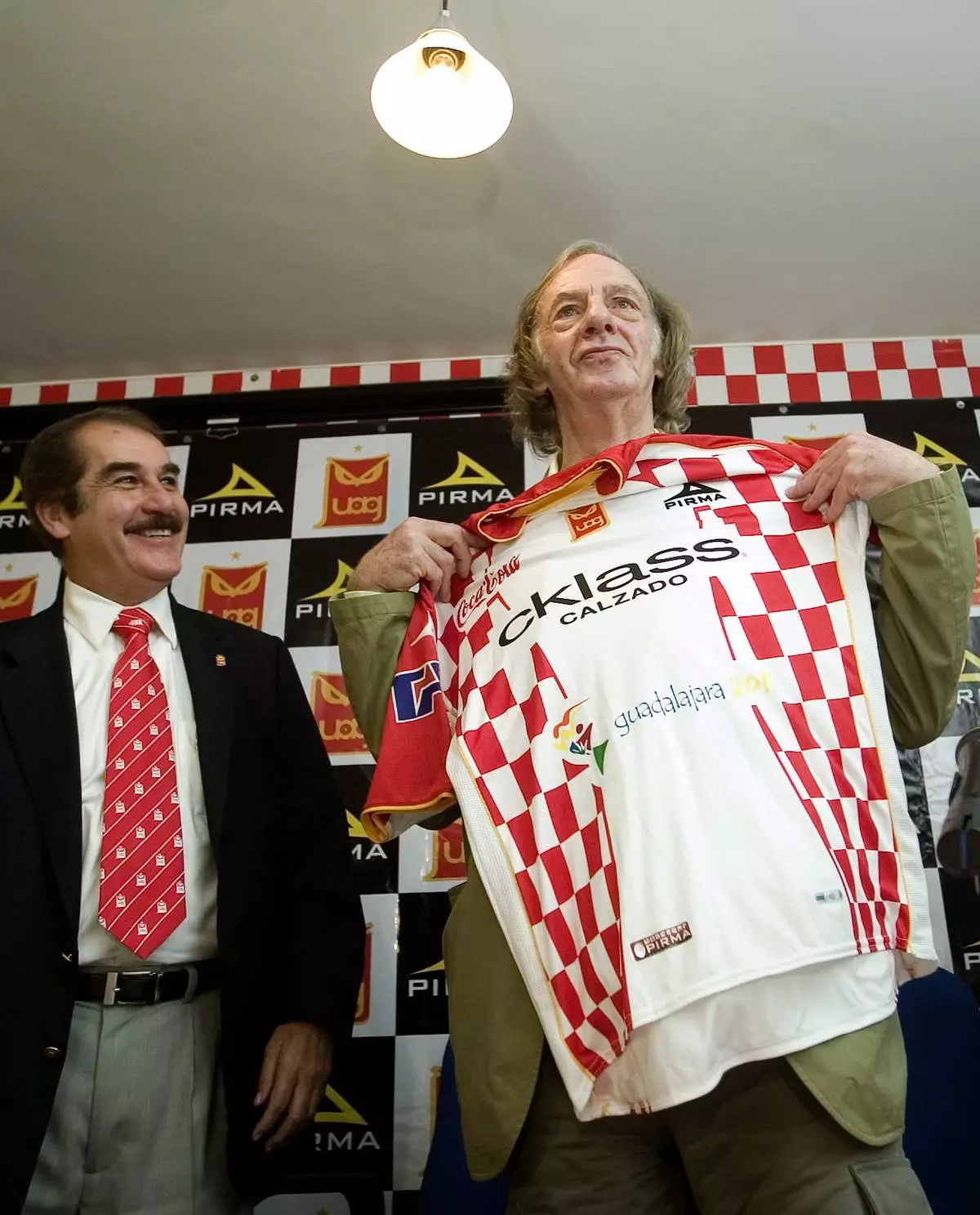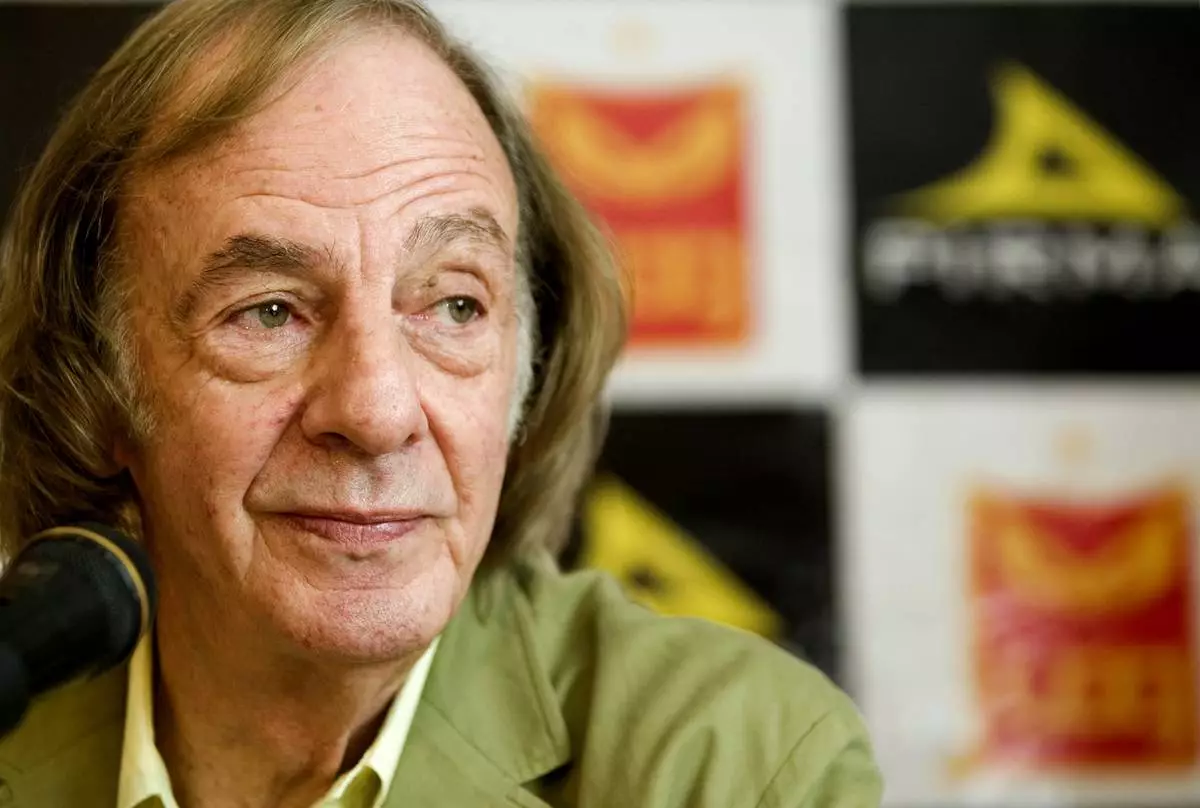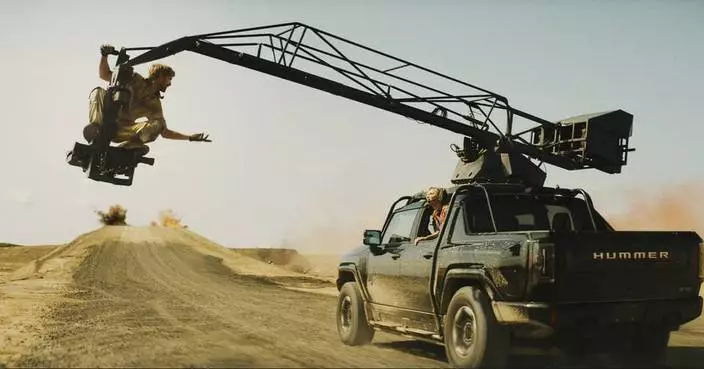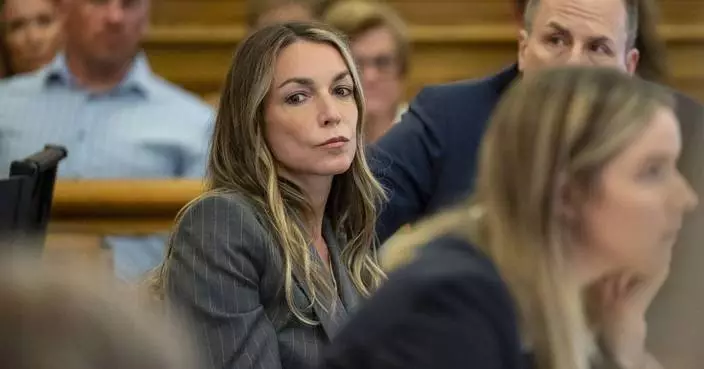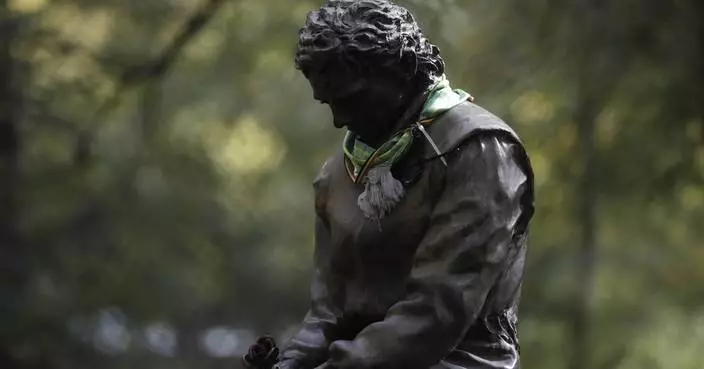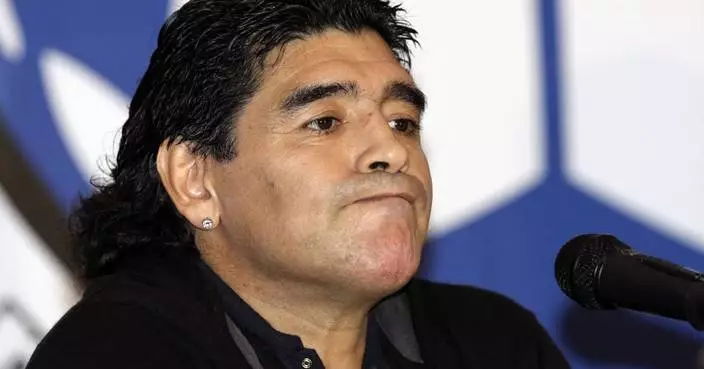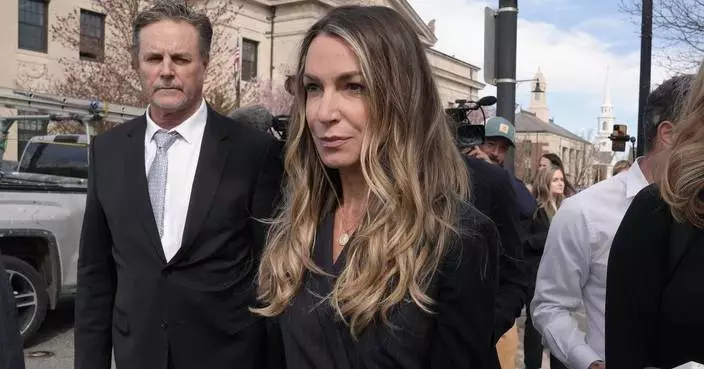Holly Warland has a rare, incurable condition which has made her want to take her own life.
A former straight A student who feels she “lost the genetic lottery” after a rare, incurable condition robbed her of a shining future is “documenting her death” on Instagram, in a bid to make voluntary assisted dying legal.
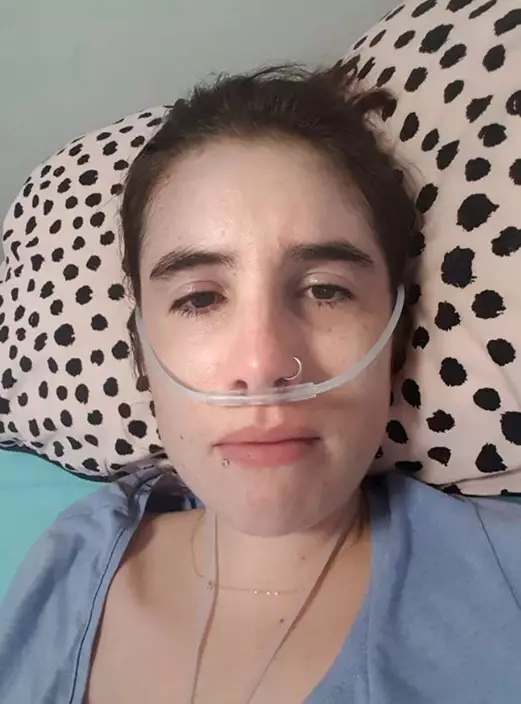
Holly taking a selfie during rough patch with her health (PA Real Life/Luke Amos)
Courageous Holly Warland’s compelling insight into life with Limb Girdle Muscular Dystrophy (LGMD) – a painful genetic condition where the muscles progressively waste away, predominantly on the hips and shoulders – is intended to “raise awareness of people who want to die with dignity.”
Deprived of her chance to become a doctor, after being forced to quit her psychology degree because of LGMD, Holly, 27, of Queensland, Australia, who was diagnosed aged 11, said: “Disabled people haven’t always got feel good stories.”
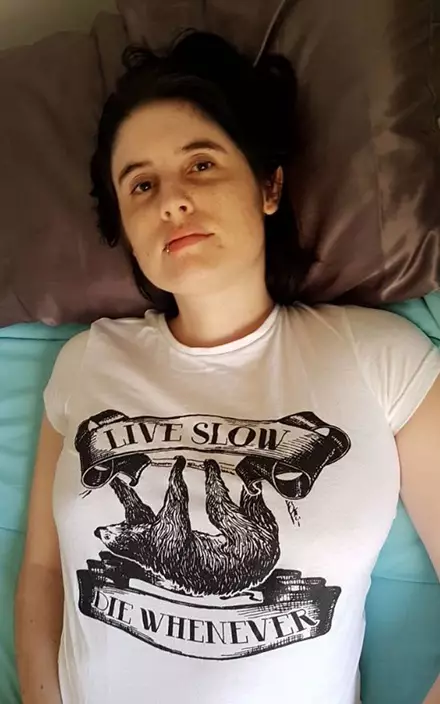
Holly still has a sense of humor despite her condition (PA Real Life/Luke Amos)
She continued: “We are broken and sometimes we have to accept that and the fact that it’s permanent.
“I don’t buy into the whole ‘proud’ of my disabled body thing. I lost the genetic lottery and here I am. I’m not proud and I would happily trade my body with someone else’s.
“I consider my condition to be terminal, as I am not going to recover and it will shorten my life by, say 20 years or more.”
“I started Instagramming how my body was falling apart to raise awareness of people like me, who want to die with dignity,” Holly added.
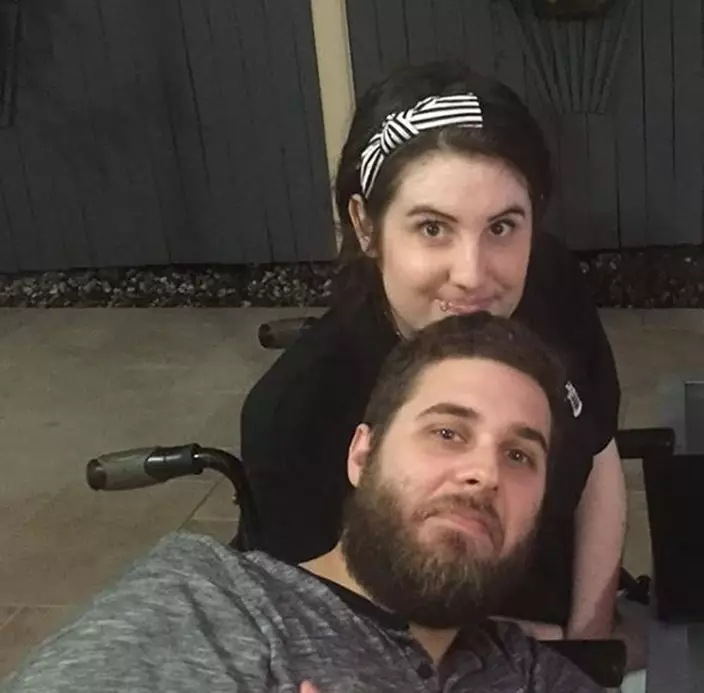
Luke taking a selfie with Holly (PA Real Life/Luke Amos)
At the moment, Holly’s condition means she is mostly bedbound, or in a wheelchair – needing help with most tasks requiring mobility, like showering and going to the toilet.
And while she could live until she is 50 or 60, she says she does not want to leave her family with a “horrid corpse” – instead wishing to opt for assisted suicide to end her life, when she feels she has had enough.
She continued: “There is no cure for people like me, only pills to ease the pain, nausea and heart complications that come with the illness.
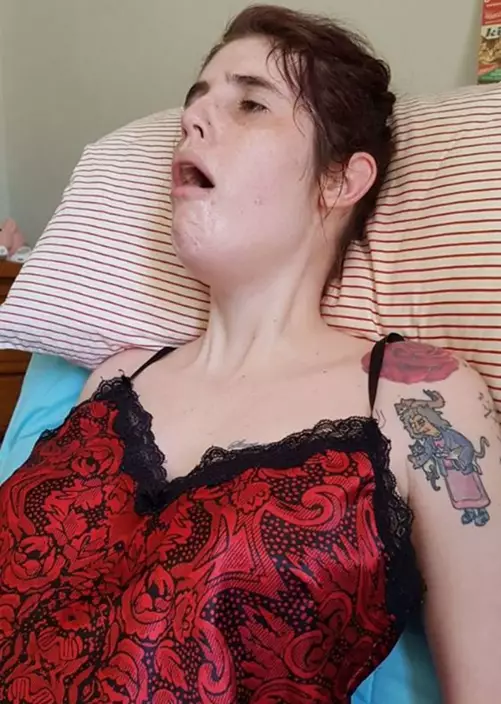
Holly takes photos 'mid-vomit' to let her followers know what her day to day life is really like (PA Real Life/Luke Amos)
“When I’ve had enough, I want to be able to decide to end my life, but I may need help and I don’t want anyone to be prosecuted for assisting me.”
Holly’s poignant words come within weeks of Louis Theroux’s controversial BBC 2 documentary Choosing Death, screened earlier this month as part of a three part series, Altered States. It explored assisted dying in California, USA, where it is legal for doctors to prescribe life-ending medication to terminally ill people.
Keen for assisted dying to be legalised in Australia, Holly continued: “There are so many laws and ways to control life, but so little to control how and when we die.
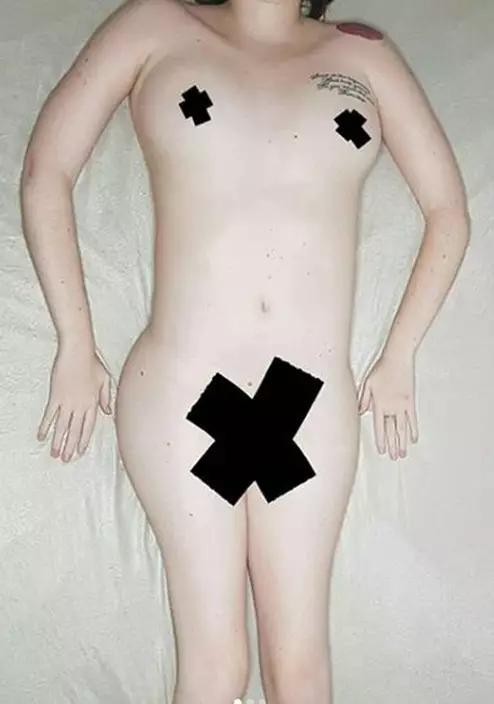
In one of Holly's Instagram posts, she bravely shows the reality of her condition (PA Real Life/Luke Amos)
“We shouldn’t treat disabled people as though they all have a death wish, but we should at least let them have that choice.”
Before her diagnosis, Holly was a happy child growing up with her siblings, Adam, 25, Ben, 23 and Mia, 18, but she constantly struggled to keep up with the other kids in her PE classes.
Becoming easily exhausted, she would crash out every day when she came home after school, unable to move.
During sports days, she would hide in the toilets, pretending to be sick to avoid getting involved – the kind of behaviour which, at first, led her parents to think she was lazy, despite her being an academically capable straight A student.
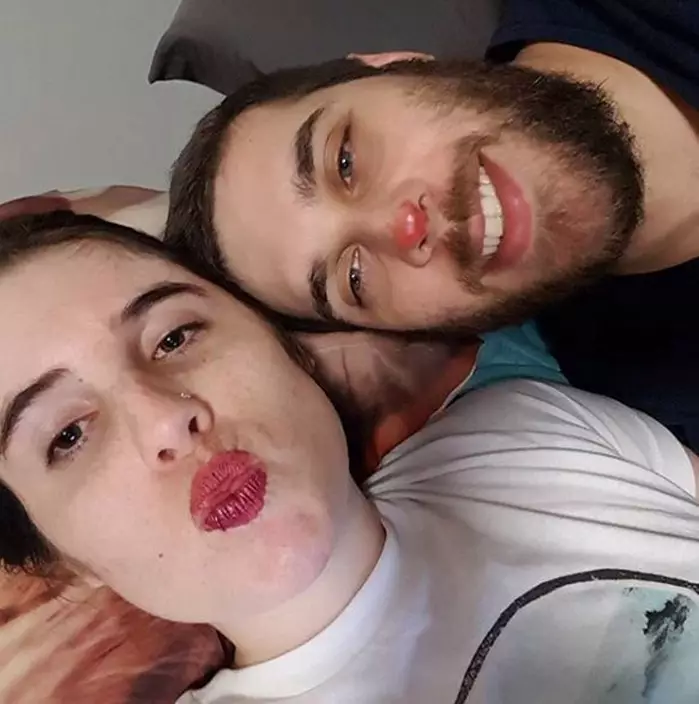
Holly with her boyfriend and carer Luke (PA Real Life/Luke Amos)
It was only when she saw her doctor complaining of a cold and she became concerned that everyone realised it was something far more serious.
“I thought I would just be prescribed some antibiotics, but the doctor saw that there was something else wrong with me,” said Holly.
“She noticed how slowly I moved, referred me to a specialist and within a year of monitoring and testing, I was diagnosed with LGMD.”
The devastating news hit Holly’s parents, dad Tony, 49, a real estate agent, and stay-at-home mum Teel, 58, the hardest, while she and her siblings were too young to understand the magnitude of her diagnosis.
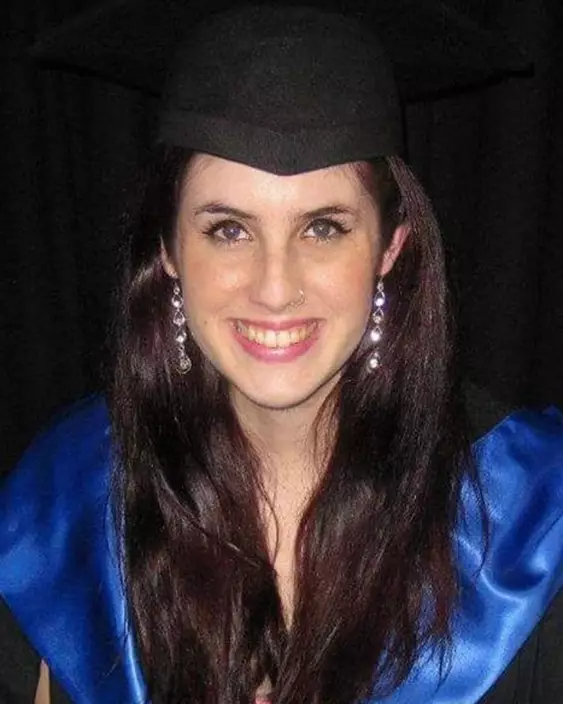
Holly during her studies at University (PA Real Life/Luke Amos)
Holly knew her condition meant she would get weaker, but continued living as she always had done, regardless.
Blessed with an excellent brain, aged 17, after using a wheelchair since 14 years old, Holly started studying at Queensland’s University of the Sunshine Coast for a degree in psychology – hoping to get her doctorate when she reached 25.
But everything changed when her LGMD took a massive turn for the worse, meaning that, in 2016, she had to quit her course because of it.
She said: “Every day I began waking up to waves of nausea, a racing pulse, sore muscles, hyperventilation, and uncontrollable shaking.
“I became depressed and suicidal but, ironically, I was so weak I couldn’t physically have killed myself even if I’d tried. I needed someone to unwrap a chocolate bar for me most of the time.”
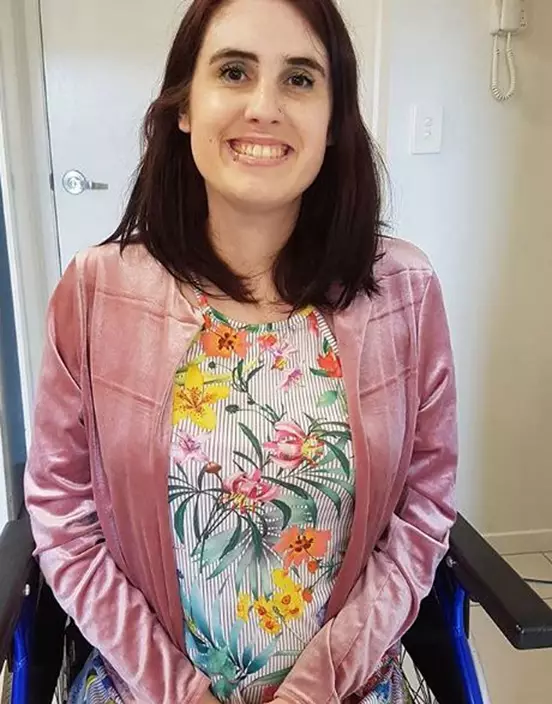
Holly smiling for the camera as Luke documents her life (PA Real Life/Luke Amos)
While Holly worked through this difficult patch, it was the wake-up call that made her realise she wanted to be able to take her own life one day.
Explaining her views on ending her life, she said: “As an atheist, I know once it’s done I’ll be extremely relieved to know there’s nothing afterwards.
“I’m not scared, Death is only hard for the people you leave behind.
“I’m not sure when it comes to it if I will be this brave, but I’ve had a lot of time to sit around in bed and think about it and I know it’s what I want, although I don’t like the word ‘euthanasia,’ as it sounds so negative – I see it as assisted dying.”
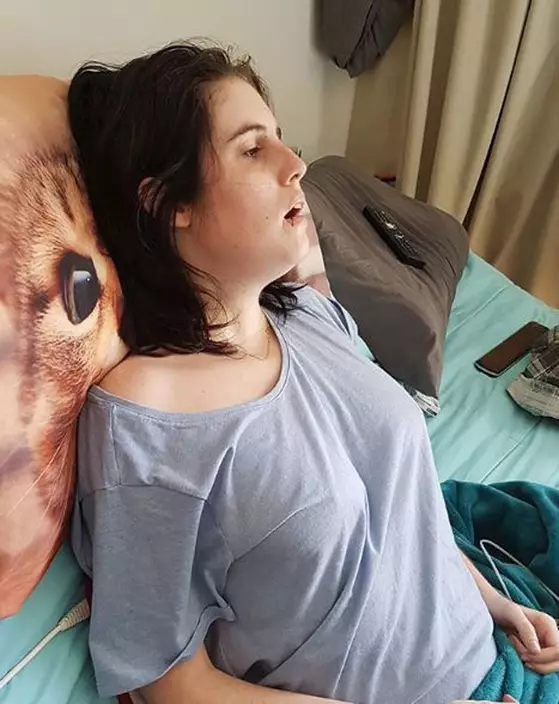
Holly documenting her struggles on Instagram (PA Real Life/Luke Amos)
And she hopes posts of her unfiltered experience on Instagram – made with the help of her boyfriend, part-time photographer and videographer Luke Amos, 29 – will help people to understand why she feels legalisation is so important.
Her full-time carer, Luke, who she met on an online dating website and finally met in person in January 2015, is helping her, despite not wanting to lose her, because he has fallen deeply in love with Holly and has “never had a single fight with her” even though times can be tough.
Holly says her family were crushed when she told them in October 2016 that she wished to decide when to die, but, after she explained the level of pain she lived with every day, they began to understand.
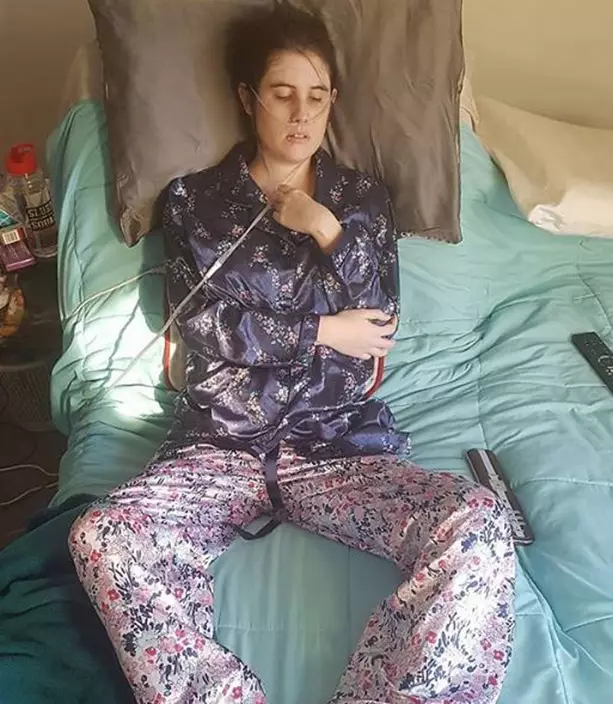
Holly stays in bed most of the time because of her condition (PA Real Life/Luke Amos)
She said: “We can joke about it now. My mum says I’m going to write a letter and say exactly what I think of everyone before I go!
“The way that I want to go would give everyone closure, even though it’s incredibly hard.
“They love me so much that they are willing to let me make my own decision.”
Meanwhile, Holly will continue with her Instagram posts, hoping to convince people that assisted dying should be legal everywhere, as long as strict guidelines are obeyed.
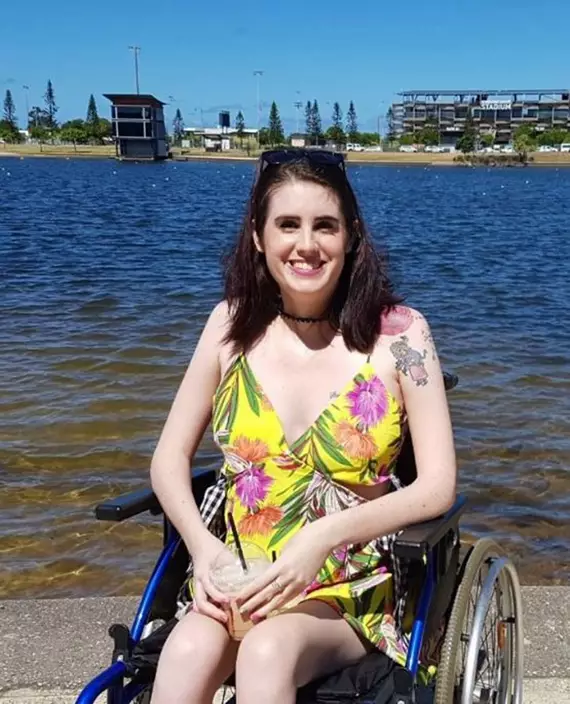
Holly on the beach in Australia (PA Real Life/Luke Amos)
She continued: “I use my Instagram to show the truth of what it’s like, living with a condition like this.
“It is a means for me to vent online and document my disease as it changes.”
She added: “But I also want something positive to come out of my disability and, as I always tell Luke, the only thing stopping me from opting for assisted dying is the law, which is ridiculous.
“If my posts can change one person’s mind, then I’ll be happy.”



